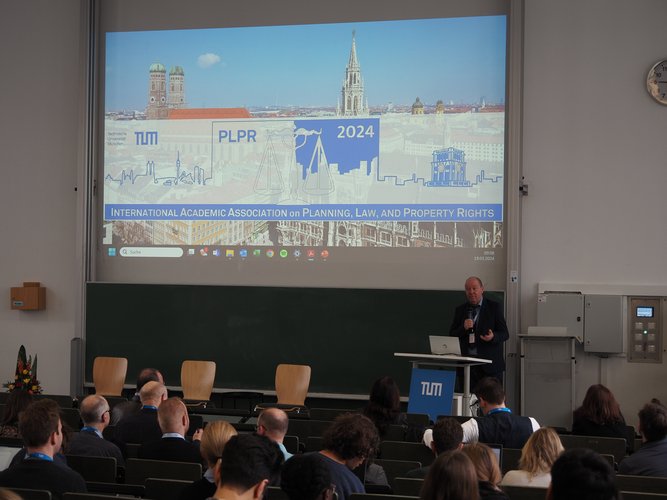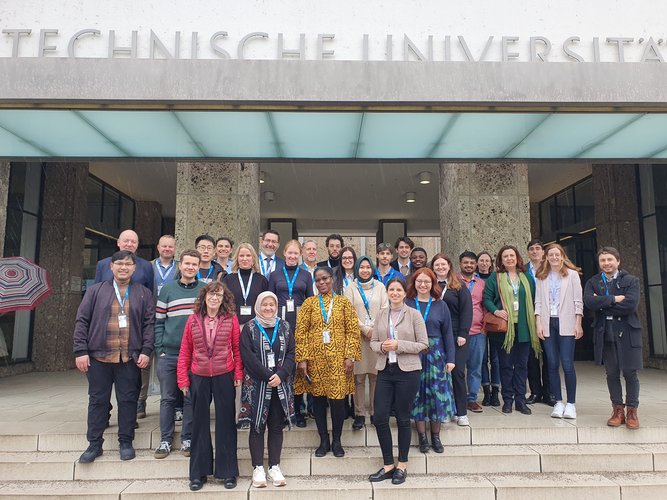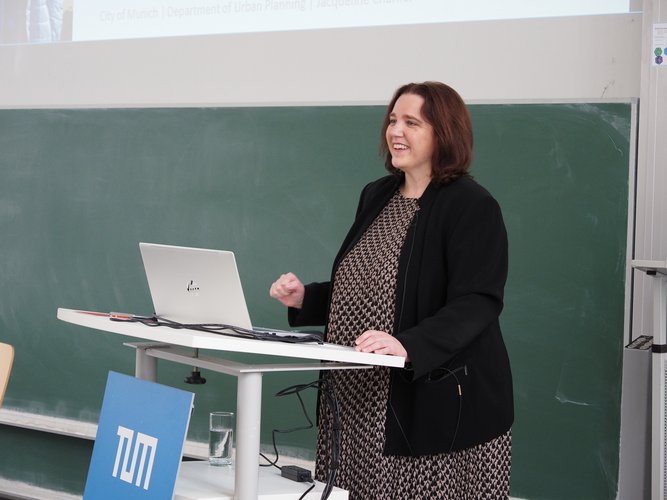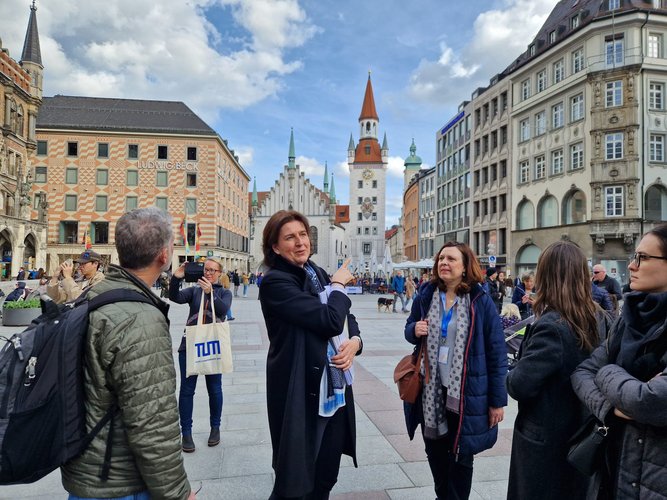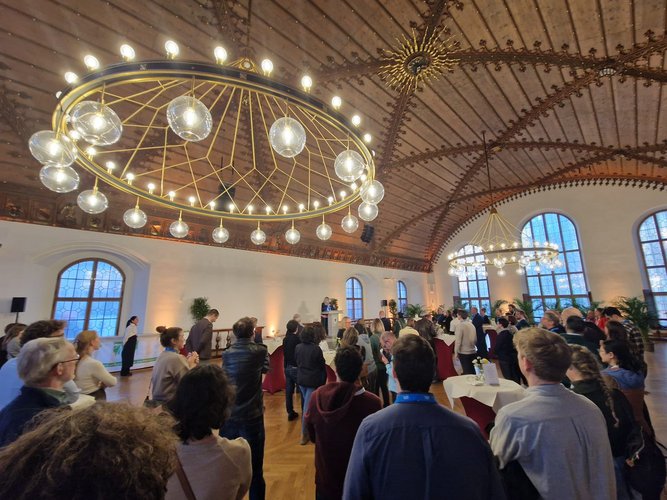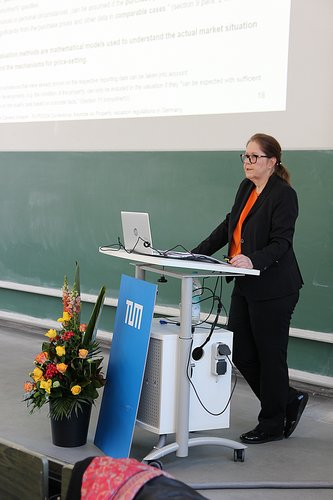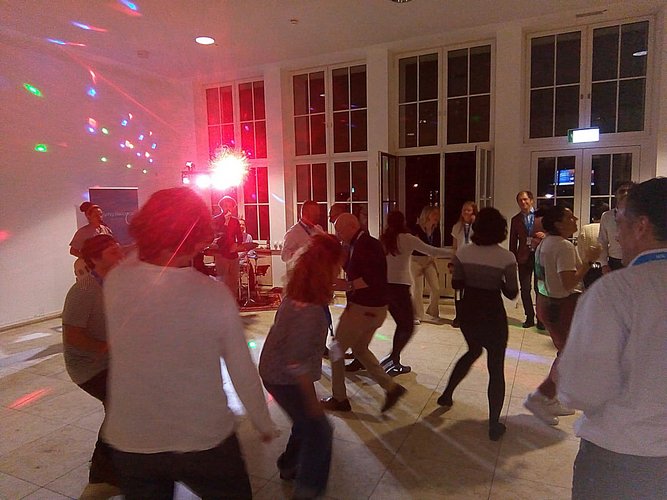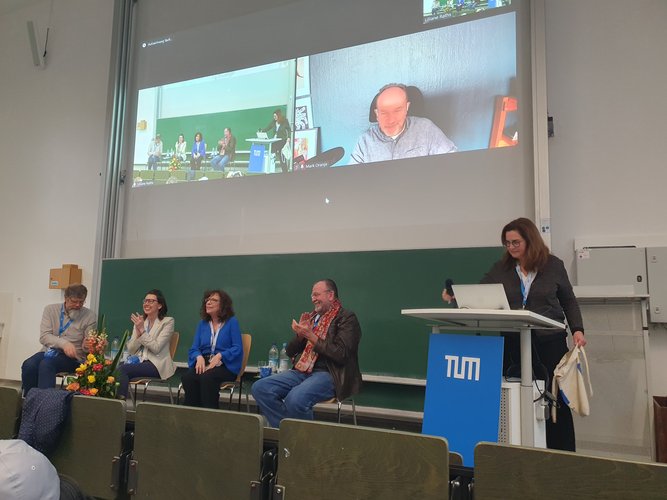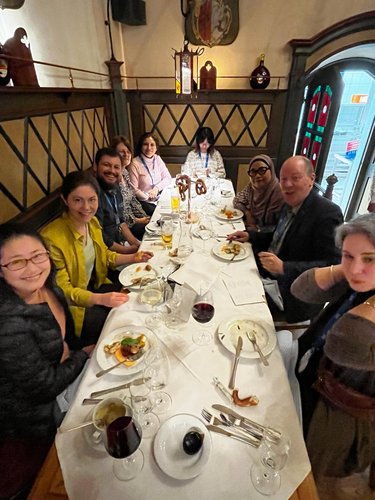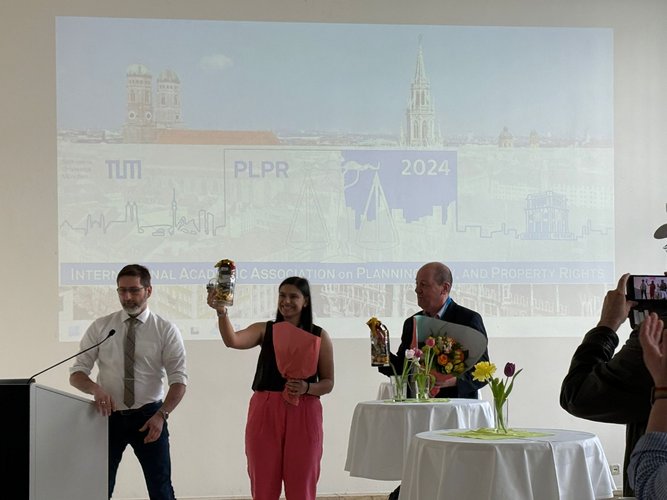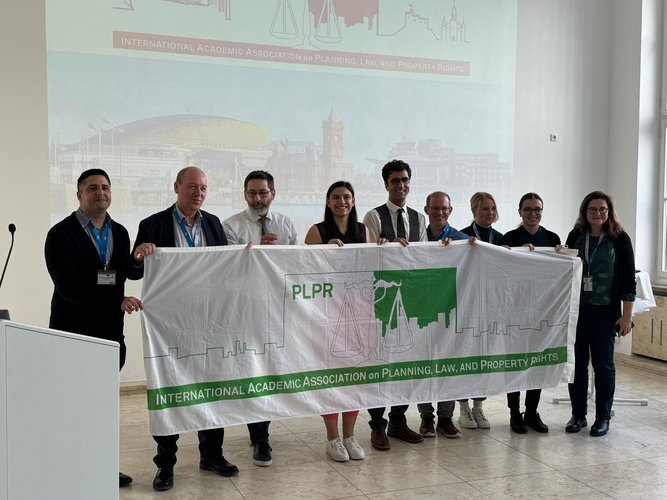18th Annual Conference of the International Academic Association on Planning, Law and Property Rights 2024
(A personal) Reflection on PLPR 2024 by Walter T. de Vries
The Land Management Chair of the Technical University Munich had the honour to host the PLPR 2024 conference, with financial support from the German Research Foundation, the TUM Global Incentive Fund and the School of Engineering and Design. It took place from 18 till 22 March 2024, contained 2 keynote sessions, 2 panel discussions, 1 PhD workshop, 33 parallel sessions, 1 thematic excursion, 1 social event, 1 conference dinner, a reception hosted by the City of Munich and an endless number of informal meetings and gatherings. A total of 162 people participated in the conference, representing institutions from 31 countries of 5 continents. In sum, it was truly an international, multi-faceted and inspiring event, and – from my personal perspective – a magnificent opportunity to meet all the renown international researchers in our field live!
The week started off with a PhD workshop with over 20 PhD researchers with different backgrounds. Each of the PhD students at different stages of their research shared their progress and experiences in 3 separate groups, mentored by Thomas Hartmann, Richard Norton and Rachelle Altermann. This workshop did not only reveal how young researchers are currently creating new insights and case studies in the PLPR knowledge domain but also demonstrated that progressing in research and staying motivated requires a network of peers as well as interaction with experienced researchers.
The keynote speakers were Jacqueline Charlier and Danielle Schaper, who addressed aspects of urban planning in the city of Munich and property valuation in Germany respectively. Whilst Munich has some of the highest population densities in Germany and in Europe, there is still an urgent housing need which the city is currently actively developing with both new projects and a restructuring project. The take-away messages were that a key element in planning remains the need for social, subsidised, and affordable housing, and closely working with newly emerging stakeholders in this process, such as local cooperatives. This is occurring in an environment with dynamic property prices, yet in a regulatory information context which is not always transparent. Standardisation in valuation methods as well as the principle of equality enshrined in the constitution should foster more transparency.
The two panel discussions reflected on land policy in Munich and on development in planning law. Both sessions generated a lively debate on what is considered right or wrong in developing and executing land and property policies, and how the perceptions on norms, regulations and rules guiding land, property and space have changed over time. It was remarkable to see that despite good intentions to influence land and spatial developments in a responsible and sustainable manner, the practice of implementing polices tends to be more complex than the theoretical and conceptual guidelines guiding these.
The presentations and abstract of the parallel session captured a large variety of topics and angles, grouped according to, amongst others, planning theories, spatial developments (densification, urban sprawl, transportation), land, water and energy policies, law reform and legal regulations, and aspects of property, tenancy and ownership. From a land management perspective, my personal choice was to attend the sessions dealing with land and property rights, restrictions and regulations and the information infrastructures guiding or detecting these. As a Chair we hope to follow up on these particular research directions.
Looking back on the experiences of this intense week, all-in-all, the entire event has been it has been an excellent opportunity to become engaged in this international network of PLPR scholars and obtain new ideas for the upcoming PLPR’s, publications and research collaborations. The responses during the informal parts of the conference clarified how broad and interdisciplinary the PLPR knowledge domain is. Given this, the Chair remains committed to participate in upcoming PLPR events.
Last but not least, a special thanks goes to Liliane Raths from our Chair, who together with all the others supporting this conference, took the lead in managing and organising all the nitty-gritty of the conference, including the day-to-day planning, the communication, the marketing and the design and execution of the social and professional program items! A job well done!

